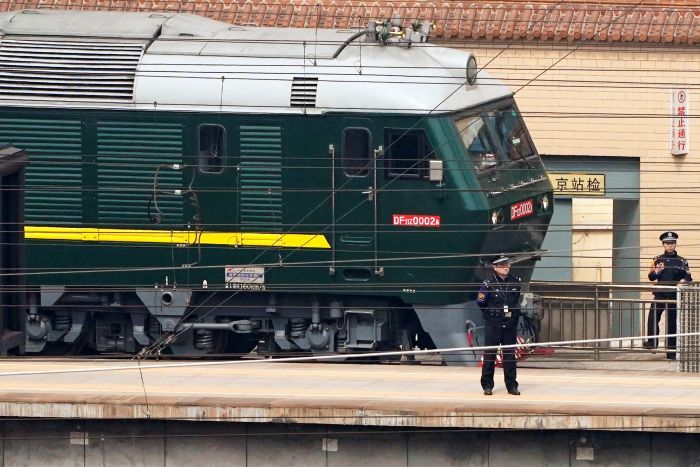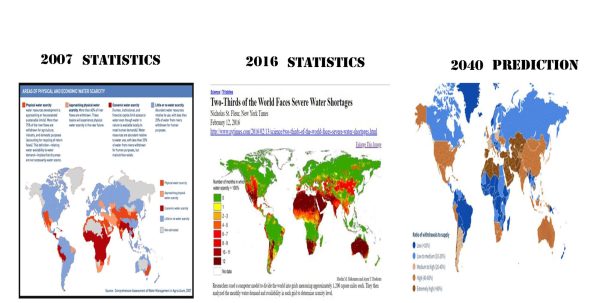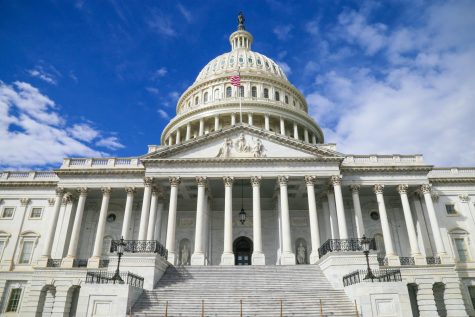A New Start to an Old Relationship
The relationship between China and Korea was once described by Mao Zedong as being “as close as lips and teeth,” because they have long been allies, interdependent on one another. That alliance was proven when China intervened in the Korean War, saving North Korea.
The last decade, however, has seen a cooling of relations between North Korea and China, both spouting angered rhetoric at the other. Many analysts thought it could be the end of China’s protective role of North Korea.
In the last year, China has enforced harsh sanctions on North Korea for the first time due to American pressure. China has also been angered by North Korea’s nuclear tests and their aggressive rhetoric that might instigate an American response. China’s punishment of North Korea has been a point of contention between the two allies.
On top of this, Xi’s faction within the Communist party is not keen on how the North Korean government operates. Having a fragile, bombastic nuclear regime as a buffer between American soldiers and China’s border seems like too much of a risk.
Historically, one of the first things a Chinese president did once appointed was to meet with the North Korean leader. Xi broke that tradition, having not met with Kim for five years. Xi has met with the South Korean leader three times since elected.
But just last week, there was a major shift in the trajectory of these countries’ relationship, when Kim Jong-Un met with the Chinese leader Xi Jinping for the first time. The meeting was kept so secret that even China’s own Foreign Ministry did not know the meeting was taking place.
Meanwhile, there is talk of a meeting between Donald Trump and Kim Jong-Un, making the timing of this Chinese-North Korea meeting most significant.
Donald Trump, without speaking with advisors, accepted this proposal by Kim Jong-Un; that means China and North Korea’s relationship is back to codependence. China has always seen the benefit of North Korea as a buffer state and wants its interests represented at the meeting with Trump.
Hence, the alliance between them has been strained but not broken.
China will not leave North Korea to make a deal with the US alone. This meeting between Xi and Kim was just as much a warming of relations, as a coordination of strategy for the upcoming meeting between Trump and Kim.
Chinese state-owned Xinhua News reported that Kim said, “The issue of denuclearization of the Korean Peninsula can be resolved if South Korea and the United States respond to our efforts with goodwill.” This position is striking coming from North Korea, but it will be North Korea’s best leverage to receive protective caveats at the upcoming meeting with Trump.
So, the question remains: what would North Korea and China want from the US in return for denuclearization?
The North Korean position has been that in return for denuclearization, the US would withdraw all American troops from South Korea and end the US alliance with South Korea. This does fit in line with Chinese geopolitical goals i.e. not having American troops on near the Chinese border.
The US has concerns that a denuclearization program could be verified in North Korea. North Korea created nuclear weapons in secret and they could do it again or hide some nuclear weapons from regulators.
To North Korea it is unclear whether they can trust an American agreement. The US has broken denuclearization agreements before with Iraq, Libya, and seemingly now, Iran.

Though it’s my first year at ACC, it’s my fourth year in college. I started at Xavier University in their engineering program. I have enjoyed politics since I was a kid and stayed up to watch the Colbert Report. I was involved...













